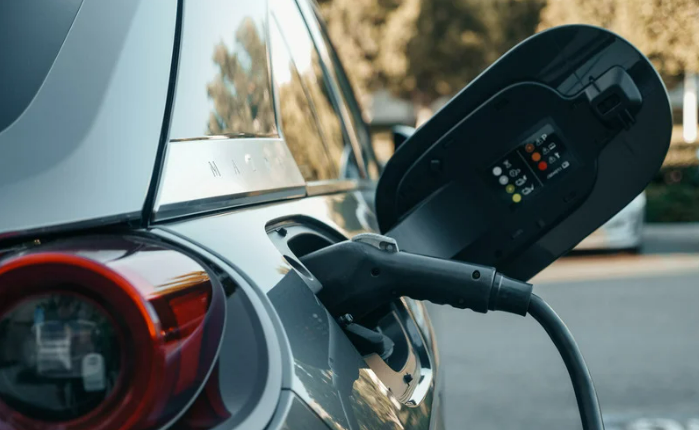Menu
Menu


Updated on Feb 2, 2024 | 6 min read
A battery is a device that stores electrical energy in chemical form and releases it as electric power when needed. In electric vehicles, batteries play a crucial role as they power the vehicle’s electric motor, providing the energy needed for propulsion. These batteries are rechargeable and typically consist of lithium-ion cells, which offer high energy density and long-lasting performance. They store electricity generated either from regenerative braking or external charging sources, enabling electric vehicles to operate without relying on traditional fossil fuels.
Connect with 1C for expert advice on EV chargers
Battery life refers to the duration of time a battery can effectively store and deliver electrical energy before its performance deteriorates to an unacceptable level. In the context of electric vehicles, battery life encompasses factors such as the number of charge-discharge cycles a battery can undergo, its capacity retention over time, and its overall durability. As batteries age, their ability to hold a charge diminishes, resulting in reduced driving range and performance. Proper maintenance and charging habits can help prolong battery life in electric vehicles.

Battery life is crucial in electric vehicles as it directly impacts their performance, driving range, and usability.
Connect with 1C for expert advice on EV chargers
The battery life of electric vehicles holds significant importance, influencing their driving range, performance, cost-effectiveness, sustainability, and consumer confidence. Maximising battery life through proper maintenance and charging habits is essential for ensuring optimal EV performance and promoting the widespread adoption of sustainable transportation solutions.
© 2024 Massive Mobility Private Limited. All rights Reserved